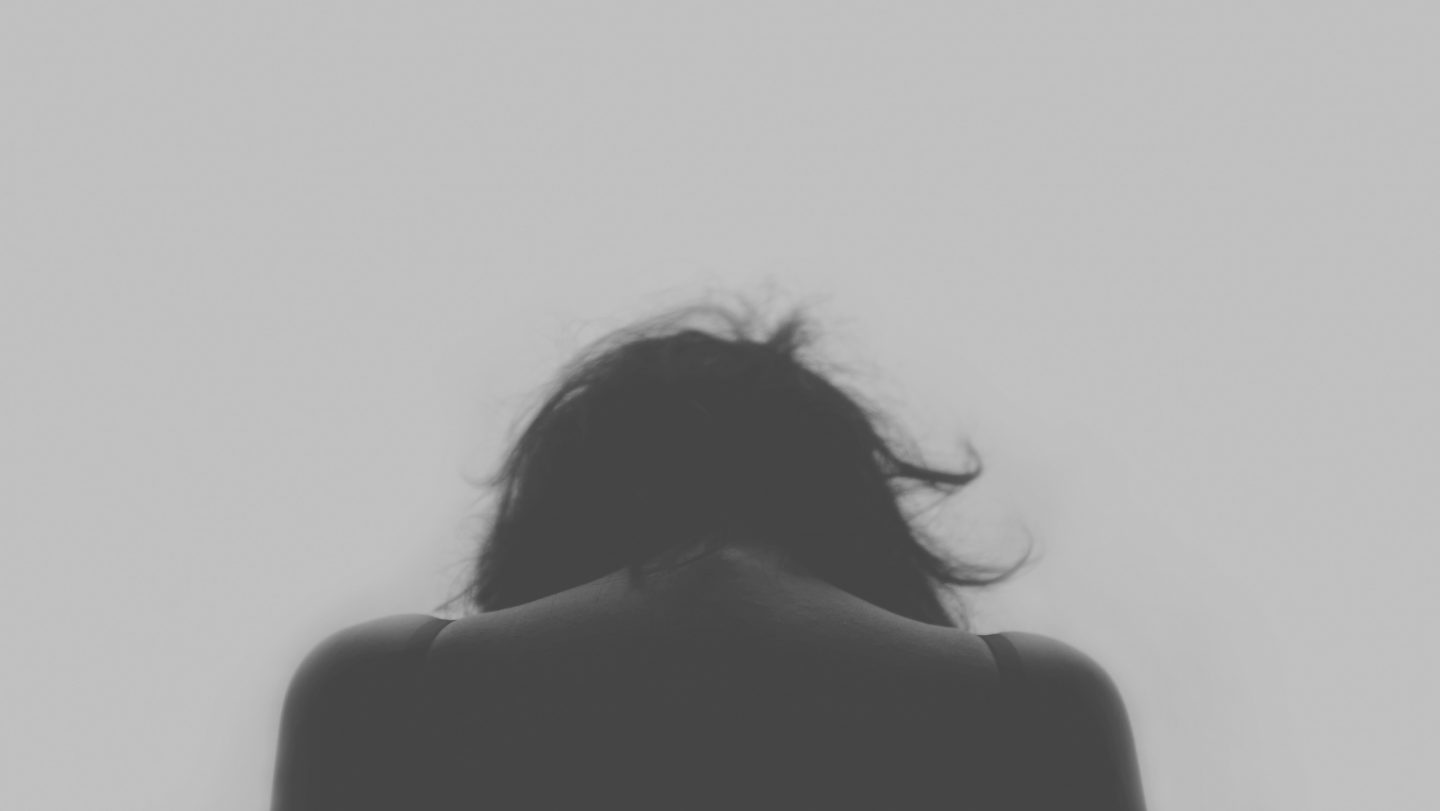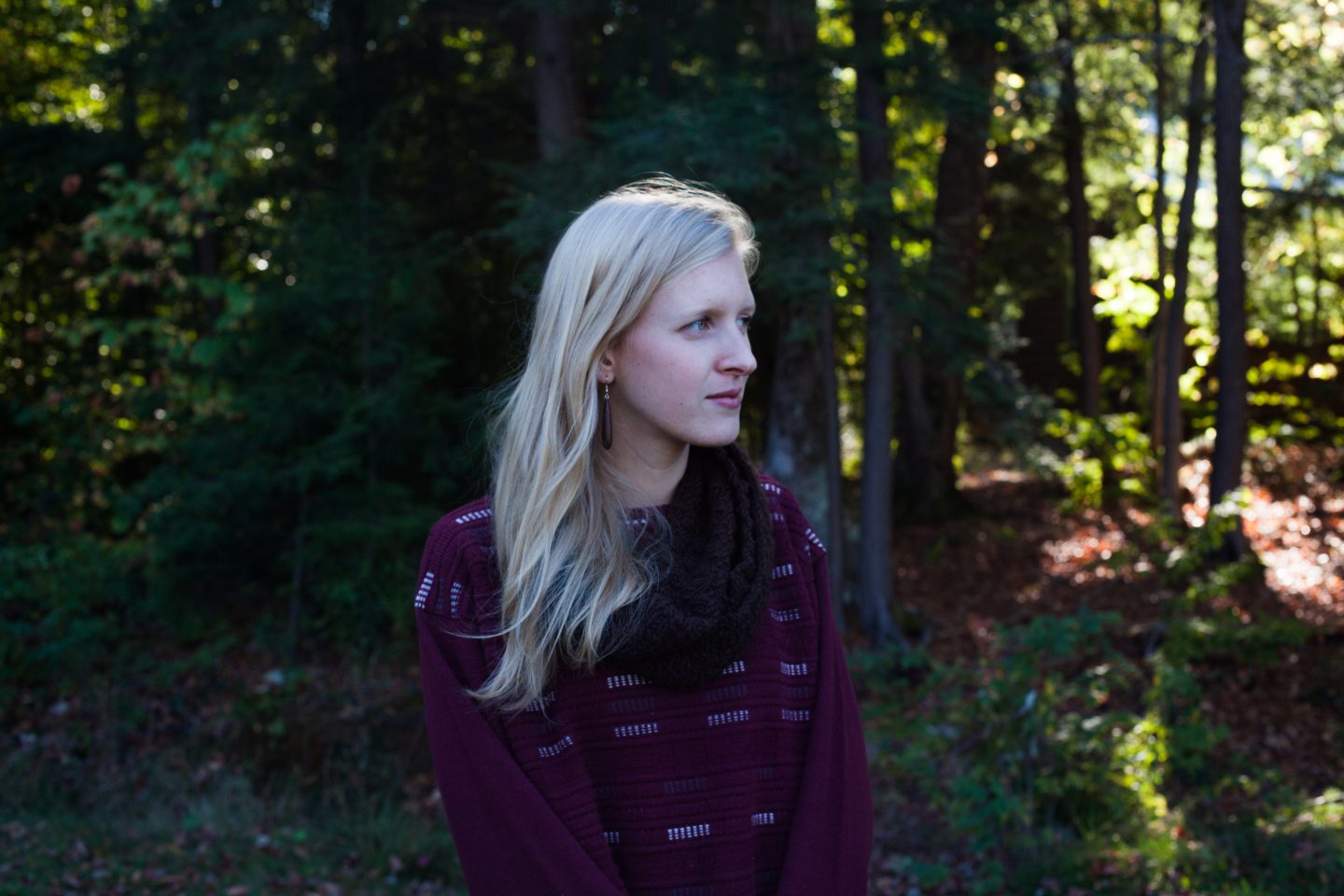It took a few years for me to put my experience into words. I didn’t recognize it while it was happening, but I was in an emotionally abusive dating relationship for over 2 years. You can call me a victim, a target, a survivor – whatever it is, I have been the recipient of abuse.
Maybe you (or someone you know) have also endured abuse of some sort. I’m sharing my story to educate you on some warning signs of emotional abuse, and give suggestions on how to pursue healing. I’m not a counsellor or abuse expert, but I simply want to share from my own experience to hopefully enlighten and encourage others. It’s not an easy process, but hope is on the other side.
It’s helpful to note that my experience of emotional abuse was in the context of a romantic relationship, but people can be abused emotionally in different types of relationships, including family, friends, or even co-workers.
Warning signs or “red flags”
The effects of psychological or emotional abuse are not as obvious or visible as those of physical abuse, where you can actually see the scars and bruises. With emotional abuse, the wounds are within. This can make it harder to recognize, for both the target of abuse and for their friends and family.
I may have noticed some of these warning signs or “red flags” in my relationship, but I chose to look right past them. I either: a) thought they were a part of any dating relationship, b) rationalized they were OK or not that bad, or c) concluded I was deserving of them.
So what are some of these warning signs? Emotional abusers are manipulative and controlling. They try to isolate you from family and friends, do or say things to put you down, and whittle away at your self-esteem. They may call you names, yell at you, use sarcasm, insult your appearance, threaten you, become jealous, use guilt trips, monitor your whereabouts, and call you needy. They can have emotional outbursts and unpredictable behaviour.
With emotional abuse, the wounds are within. This can make it harder to recognize, for both the target of abuse and for their friends and family.
I experienced all these things and more. My boyfriend had some anger management issues and would pick fights with my guy friends, often after accusing me of flirting with them. He was demanding of my time, making me feel guilty if I picked another activity or priority over him. He made fun of me, the things I cared about, and the people I hung out with. If we ever got in an argument, he would swiftly apologize, and say how much he loved me.
These were regular occurrences. This was my first serious relationship, so I assumed some of these challenges were just a part of having a boyfriend. I thought things might eventually get better, but they didn’t.
It all took a toll on what I thought of myself (understandably, quite negative things), what I shared with my friends and family (as I didn’t want them to see the negative things about our relationship), and how I behaved with him. I was often tense and anxious around him, watching my words and my actions, careful not to do something that would make him upset with me. Even those efforts didn’t amount to what I hoped for though, because he would have angry outbursts seemingly out of the blue, leaving me wondering what I did wrong to cause it.
What does that say about me?
I can’t fully trace my behaviours and reactions back to any childhood wounds or mistreatment I experienced before entering into this relationship. What I have come to realize is that I had low self-esteem and little confidence in myself. So I allowed him to mistreat me and have it his way.
So does that mean it was my fault? Did I pursue this guy or this kind of relationship because of my own emotional problems and weaknesses? Relationships and humans are complicated. As the target of abuse, what happened to me was not my fault nor my responsibility. Oftentimes it’s the abuser who has issues as a broken person, and they act out in a damaging and unhealthy way.
Getting out of the relationship
I wish that I recognized just how unhealthy the relationship was while I was in the thick of it. I would love to tell you that I took a stand and did something to break it off and get out. But what actually happened was this: he suggested we take a break because he wasn’t sure if he still loved me, and then he cheated on me. After hearing that, I was done. That was the last straw. My rose-coloured glasses shattered and I saw him, and the ways he treated me, in a whole new light. After a long argument (over the phone, no less), we broke up. I probably wouldn’t have left him unless something big like this happened.
I remember some of his last words to me were, “Good luck finding someone else who’s going to deal with your emotional issues.” And I thought, “Yeah, you created most of them.” He was still trying to hurt me and manipulate my emotions even after the relationship ended.
I was certain we were done for good. I resolved I wouldn’t be convinced to date him again. I had to do what was best for me. He came back apologizing a week later, with flowers in hand, begging me to get back together with him. But I was stronger than that. I had been analyzing what happened, the things he said, and how it impacted the way I behaved and thought about myself. So I said, “No” (plus a few other choice words).
I remember some of his last words to me were, “Good luck finding someone else who’s going to deal with your emotional issues.” And I thought, “Yeah, you created most of them.”
To be honest, I felt stuck in the relationship for a while. I just didn’t want to let go of having a boyfriend. I was glad someone cared about me and wanted to spend so much time with me (read: demanding my time). I didn’t know if another guy would even be interested in dating me. I was placing my worth in my romantic relationship, because getting married was such a huge desire for me. I didn’t want to lose this boyfriend, even though he wasn’t perfect. At least it was someone! I feared being alone. But once I got out of this unhealthy relationship, I felt a freedom and weight lifted from me.
Cutting ties and healing
There may be things you can work through as a couple, but if the abuser isn’t willing to change (or if they promise they will change, but still stick to their old habits and patterns), then you should get out and get help.
You may need to make a plan on how to breach the subject, or how you want the conversation to go when you break it off. Some people choose to leave quietly.
If the abuser isn’t willing to change (or if they promise they will change, but still stick to their old habits and patterns), then you should get out and get help.
Cutting ties is important. After we broke up, he would still text and call me as if I were his closest friend. He was lonely, and we weren’t used to not talking every day. A few months later, a friend intervened and told me I needed to stop talking to him, to tell him that he couldn’t contact me anymore, block him on social media, and delete his number from my phone. It was hard to bring myself to do that on my own, so I needed that friend to step in and support me in taking healthy steps away from him.
If you keep yourself open to communication with them, the emotional abuse can continue. This ex-boyfriend threatened to blackmail me if we didn’t get back together, using things I had shared with him in confidence during our relationship to embarrass and expose me. I don’t think he ever went ahead with it, but because we were still in contact, I was still being hurt by him.
It’s going to take time and distance to heal. I encourage you to talk to someone about it, like a friend, a family member, or a mentor. Getting professional help from a counsellor can also be a great next step, to talk through what happened, its impact, and how you can heal. Then you can recover and heal, and start to pursue healthy relationships.
Emotional abuse isn’t normal
Know that this is not what a relationship should look like. Being constantly put down, manipulated, and controlled is not normal in a healthy dating relationship. It’s not what’s best for you, and it’s not what God wants for you. God desires us to be in loving relationship with him and with others.
The kind of love we are made to experience, to give and to receive, is selfless, not selfish, sacrificial, not demanding. Want to know what real love looks like? Read 1 Corinthians 13:4-6. Really read it and linger on what each of those words mean:
“Love is patient and kind; love does not envy or boast; it is not arrogant or rude. It does not insist on its own way; it is not irritable or resentful; it does not rejoice at wrongdoing, but rejoices with the truth.” 1 Corinthians 13:4-6, ESV
In the Bible there’s this beautiful image of marriage between a man and woman being reflective of Jesus Christ’s relationship to his church (in Ephesians 5:22-33). Wives are called to submit to their husbands, as the church submits to Christ, and husbands are called to love their wives and sacrifice for them, as Jesus loves and lays down his life for the church. That’s a deep, selfless love, one that reflects all of those qualities in 1 Corinthians.
God desires us to be in loving relationship with him and with others.
Although emotional abuse isn’t normal in terms of what a good, healthy relationship looks like, it is more common than you might think. In recent years I’ve heard more stories from friends, both older and younger, Christians included, who have been in emotionally abusive or toxic relationships. If you’re experiencing this, you’re not alone. Just because you’re a Christian (and maybe your partner is too), it doesn’t make us immune to the sin and brokenness of people in the world.
Should I forgive?
What about forgiveness? Similar to healing from emotional abuse, it will take time to process and pray before you get to a place where you’re ready to forgive. First, you can forgive yourself and let go of any guilt you might feel for any role you think you played. God’s grace is there for you.
And what about them, the one who hurt you? Jesus says: “Love your enemies and pray for anyone who mistreats you” (Matthew 5:44, CEV). As Christians we are called to forgive others, and as difficult and heart-wrenching as it can be, that includes your abuser. I never said it directly to him, and it did take some time and wrestling with God, but I do forgive this ex-boyfriend for what he did and how he treated me.
In forgiving someone, you can also lose your ties to them. In “Boundaries,” Dr. Henry Cloud and Dr. John Townsend wrote,
“To forgive others means letting them off the hook, or canceling a debt they owe you. When you refuse to forgive someone, you still want something from that person, and even if it is revenge that you want, it keeps you tied to that person forever.” (p 136).
Coming out on the other side of this relationship, I was actually more confident in myself, and knew how to recognize what a healthy dating relationship looks like. It has also helped me relate to others and demonstrate how Christians go through hard stuff like this.
Thankfully we have an example of perfect love through God, a love that heals, redeems, and gives us strength to forgive.
Resources:
Boundaries: When to Say Yes, When to Say No to Take Control of Your Life by Dr. Henry Cloud and Dr. John Townsend
Undiscussed Episode (Part 2) Sexual Abuse with Rachael Denhollander
What is verbal and emotional abuse? On issuesiface.com
"*" indicates required fields
Share this!
About the Author





